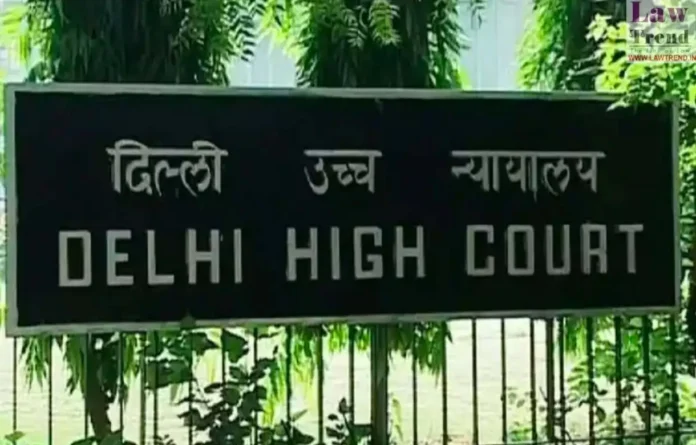The Delhi High Court has granted significant relief to composer AR Rahman in the copyright dispute surrounding his song Veera Raja Veera from the Mani Ratnam film Ponniyin Selvan 2. The Division Bench overturned an interim order earlier issued by a single-judge bench, which had restrained Rahman and the film’s producers and directed them to provide credits to the Dagar brothers on all digital platforms.
The Division Bench also stayed the direction imposing costs of Rs 2 lakh. However, it upheld the requirement that Rahman and the producers deposit Rs 2 crore with the court, pending the outcome of the litigation.
The suit was filed by classical vocalist Faiyaz Wasifuddin Dagar, who claimed that the structure, rhythm, and musical pattern of Rahman’s composition mirrored Shiva Stuti, a traditional piece associated with his late father, Nasir Faiyazuddin Dagar, and uncle, Zahiruddin Dagar. He alleged that Rahman’s song had infringed upon the work that rightfully belonged to the Dagar musical tradition.
Rahman, in his defense, maintained that Shiva Stuti is a traditional Dhrupad composition, one that has long been in the public domain, and therefore cannot be claimed as an exclusive intellectual property by any individual or family. He also argued that Veera Raja Veera was a distinct and original work, enriched by modern arrangements and Western musical elements that went beyond the scope of any existing traditional form.
The earlier single-judge order had been a setback for Rahman, as it not only compelled him and the producers to acknowledge the Dagar family in all digital distributions of the film’s music but also levied financial costs and sought a substantial deposit. Rahman challenged this order before the Division Bench, which examined whether the injunction was justified at this stage of proceedings.
In its ruling, the Division Bench clarified that its decision was limited to the question of interim relief. It did not make any final pronouncement on whether copyright infringement had actually taken place. The judges emphasized that their stay was intended to maintain balance until the case is fully argued and decided. The deposit of ₹2 crore, they noted, would remain as a safeguard while substantive issues of originality and ownership are examined in the course of the trial.
The outcome provides a temporary reprieve for Rahman and the producers of Ponniyin Selvan 2, while leaving open the larger debate about the intersection of traditional compositions, cultural heritage, and modern adaptations in the realm of copyright law. The case will continue before the High Court, where the deeper question of whether Rahman’s work amounts to infringement or constitutes a fresh creation will ultimately be decided.


